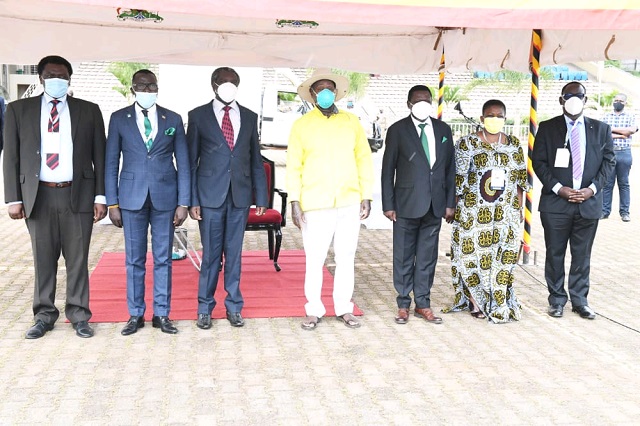The Return of IPOD: Can Government Funding Ensure Fair Dialogue?

The Inter Party Organization for Dialogue (IPOD) secretariat has rekindled its operations, but with a cloud of skepticism hovering over its newfound funding source—the Ugandan government. While the secretariat maintains its commitment to providing a platform for free and fair political dialogue, political parties and scholars are divided on whether government funding can truly guarantee fairness, especially for opposition political parties.
After a period of dormancy due to the withdrawal of funding by the Netherlands Institute for Multi-Party Democracy (NIMD), IPOD’s activities have been revived with the Ugandan government stepping in as the new financial backer. Dr. Lawrence Sserwambala, the new executive director of IPOD, affirms the organization’s independence from NIMD.
Despite the revival of IPOD’s operations, stakeholders harbor mixed feelings, characterized by lingering distrust and uncertainty about the environment for political engagement.
For the People’s Progressive Party (PPP), one of the subscribing political parties, IPOD’s return offers a glimmer of hope for peace amid a backdrop of controversies. As the nation gears up for the 2026 elections, opposition politicians have called for constitutional amendments to electoral laws and the return of alleged missing members. PPP sees this as an opportune moment to use the IPOD platform to address the diverse demands raised by political parties.
In contrast, the leading opposition party, the National Unity Platform (NUP), which has previously questioned IPOD’s relevance, is far from enthusiastic about the developments. Party spokesperson Joel Ssenyonyi voices concerns that the situation could deteriorate now that they perceive the government, accused of abuse by the opposition, as the primary funder.
Political researcher John Paul Kasujja asserts that IPOD had failed to execute its earlier resolutions, making it less appealing to serious political parties. Previous resolutions, including the release of political prisoners and the scrapping of the Public Order Management Act, have largely gone unimplemented. With the Ugandan government now holding the purse strings of IPOD, Kasujja believes the organization could become a tool in the hands of the ruling National Resistance Movement (NRM) against opposition rivals.
In addition to government funding, IPOD faces internal challenges stemming from divisions within opposition political parties like the Forum for Democratic Change (FDC), Democratic Party (DP), and Uganda People’s Congress (UPC), where different factions claim legitimacy.










